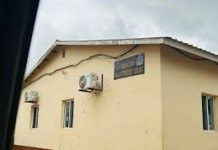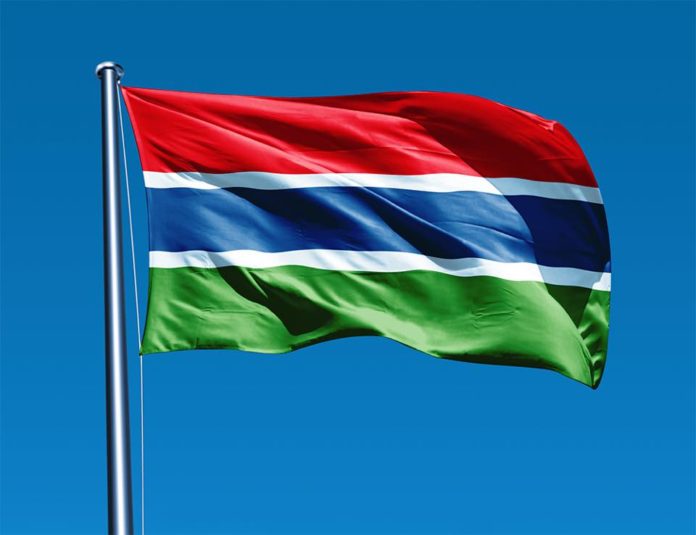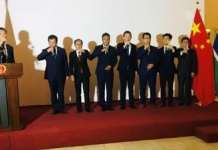By Nelson Manneh
AfroBorderless recognized The Gambia as the leader in visa openness within Africa, ranking first among 53 nations on the Visa Openness Index. This is due to its policy of allowing visa-free entry to citizens of all fifty-three African countries.
This commitment to open borders is seen as a significant step towards fostering greater African unity and promoting travel and cooperation across the continent, according to the African Union Commission.
“Imagine a continent where Africans can travel, work, and live across borders without visas, without the red tape. That’s the dream behind the AU Free Movement of Persons Protocol,” the report stated.
AfroBorderless recently took a look at The Gambia Province of our great Africa. Currently the Most Open Country with a promise to open its borders to fellow African travelers, workers, and dreamers. “The Gambia ranks number one among African countries on the Visa Openness Index. It allows visa-free access to citizens from all 53 African countries marking a stride toward African unity.”
However, while The Gambia signed the AU Free Movement of Persons Protocol in 2018, it still hasn’t ratified it. Ratification would align policy with action. While the Gambia agrees in principle with the protocol and supports its objectives, the protocol is not yet enforceable in The Gambia; domestic laws remain unchanged.
The AU Free Movement of Persons Protocol primarily grants nationals of member states the right to enter, reside, and establish economic activities in other member states, with certain restrictions. It aims to foster continental integration and is rooted in principles like non-discrimination and respect for national security.
Member states are obligated to allow nationals of other member states to enter their territory without a visa, with the possibility of extending stays beyond 90 days through established procedures. Nationals can reside and seek employment in other member states, subject to the host country’s laws and policies. Member states can pursue economic activities within the framework of the host country’s laws and policies.
Entry can be denied based on national security, public order, or public health concerns. Member states are required to designate official entry and exit points and keep them open for free movement, subject to reciprocity and necessary protective measures.
The protocol emphasizes non-discrimination among nationals of member states. The free movement provisions are often subject to reciprocity between member states. The Protocol outlines mechanisms for resolving disputes between member states regarding its implementation.






















